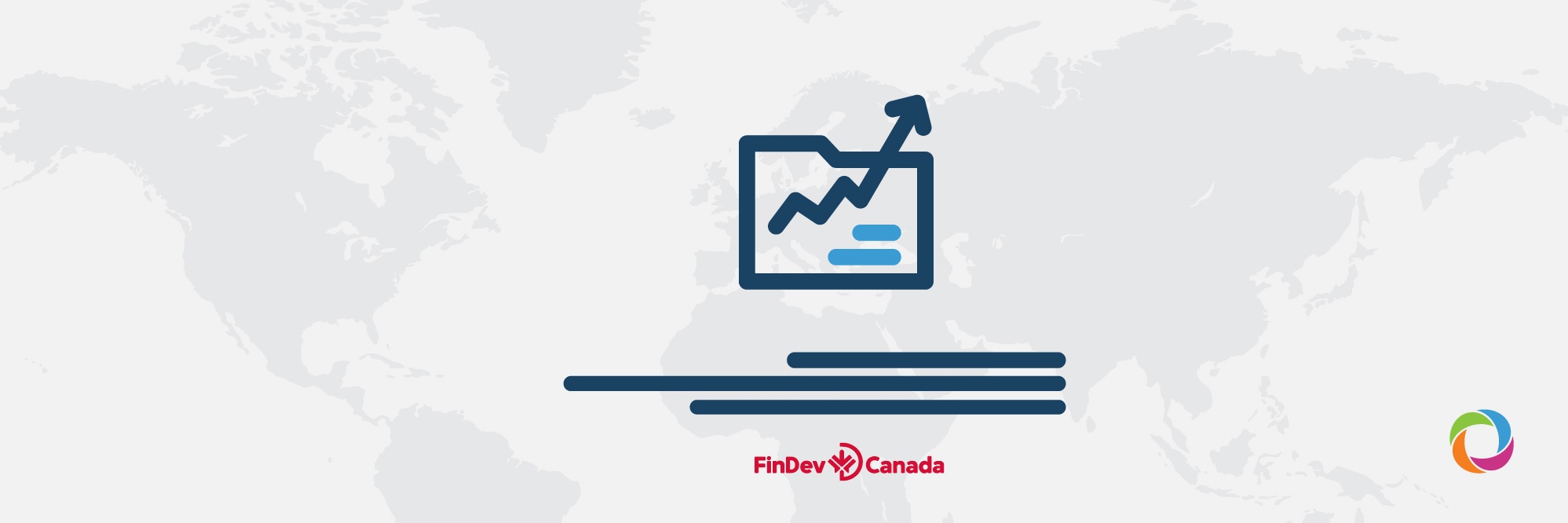Sustained economic growth, job creation and greater tax revenues for governments are the necessary components of development in low- and middle-income countries. Some of the challenges can be tackled through projects supported by Development Financial Institutions (DFIs). DevelopmentAid continues its series of DFI files and, in this article, we introduce FinDev Canada – one of the most recently launched governmental development organizations.
Development Finance Institute (DFI) Canada Inc., operating under the brand FinDev Canada, is a funding institution, dedicated to providing financial services to Small and Medium Enterprises (SMEs) in developing countries with the aim of combating poverty through economic growth.
Being a relatively new DFI, with its activities having been launched at the beginning of 2018, FinDev concentrates on the Latin American and Caribbean region and Sub-Saharan Africa. The organization focuses mainly on economic development through job creation, women’s economic empowerment and climate change mitigation.
Supporting the private sector in developing regions is the key strategy which underpins the funding institution’s long-term vision. By 2030, FinDev Canada envisions a private sector that ‘accelerates sustainable and inclusive local economic growth incorporating increased women’s participation, job creation and that is positioned for a low-carbon future’. All the projects funded by the Canadian DFI are related to five Sustainable Development Goals (SDGs): SDG 5 – Gender equality, SDG 7 –Affordable and clean energy, SDG 8 – Decent work and economic growth, SDG 9 – Industry, innovation and infrastructure and SDG 13 – Climate action.

During 2018, the first year of its operation, FinDev Canada has committed to and announced two transactions. The first US$ 10 million investment was awarded to M-KOPA – a ‘pay-as-you-go’ energy provider to off-grid homes in East-Central Africa. The second transaction came in December 2018 with a US$ 20 million investment for Climate Investor One (CIO) – an innovative blended finance platform aimed at bringing renewable energy solutions to developing countries.
The most recent investments, announced by FinDev Canada in November 2019, are a US$7.5 million contribution to the Alitheia IDF fund (AIF), aimed at supporting women-owned and led businesses in Sub-Saharan Africa, and a US$7.5 million investment in the Africa Forestry Fund II (AIF II), a growth equity fund focused on acquiring and developing environmentally-friendly forestry value chain assets across Sub-Saharan Africa. Thus, the total number of transactions in the 2018-2019 period has reached six in total.
When asked by DevelopmentAid, Angela Rodriguez, Senior Marketing and Communications Specialist at FinDev Canada, mentioned that currently announced transactions total a commitment of US$ 65.5 million which is expected to increase with forthcoming announcements. “We have a good pipeline of potential investments lined up for 2020 and a very positive outlook to increase the number of transactions compared to last year and to offer non-financial value-added solutions to further help these businesses grow and have a positive impact in their markets” added Rodriguez.
The nature of the investments emphasizes the sectors that FinDev Canada is targeting: green growth, agribusiness value chains and the financial industry. A closer look at the investments confirmed so far shows the instruments used by the Canadian DFI to be loans, guarantees and equity financing.
The primary goal of the funding institution is the development impact of the projects it supports. In order to be able to measure the impact, FinDev Canada operates with a range of core KPIs, depending on the projected impact.
Women-owned companies supported, SMEs supported, renewable energy produced (GwH), capital deployed ($) are only a few sample key performance indicators. At the same time, despite the current and potential contribution of these factors to the company’s impact goals and the fact that they are a ‘critical factor’ in the decision-making process, FinDev also uses metrics such as risk analysis, return and pricing which together indicate a profit orientation, a peculiarity characteristic to all DFIs across the globe.
Frequently, Development Funding Institutions join in their efforts to address a certain regional or global issue or problem. Such incentives are confirmed by partnerships with other DFIs. Despite its so far short history, FinDev Canada is active on the collaborative level: “So far, we have signed 11 partnerships with other development finance institutions, multilateral development banks and other entities with shared objectives. In addition, we are leading joint initiatives such as the 2X Challenge, a commitment to mobilize capital to invest in women, with 14 global members so far, and the #DevMeetsTech roundtable in partnership with Swedfund, focusing on leveraging technology to advance development”, stated Angela Rodriguez.
One of FinDev Canada’s partners – Cofides, the Spanish DFI – will be the subject of DevelopmentAid’s next article to be published on our blog.
Stay up to date with the latest news about DFIs and the tenders, as well as job opportunities related to their activities by becoming a DevelopmentAid member.

